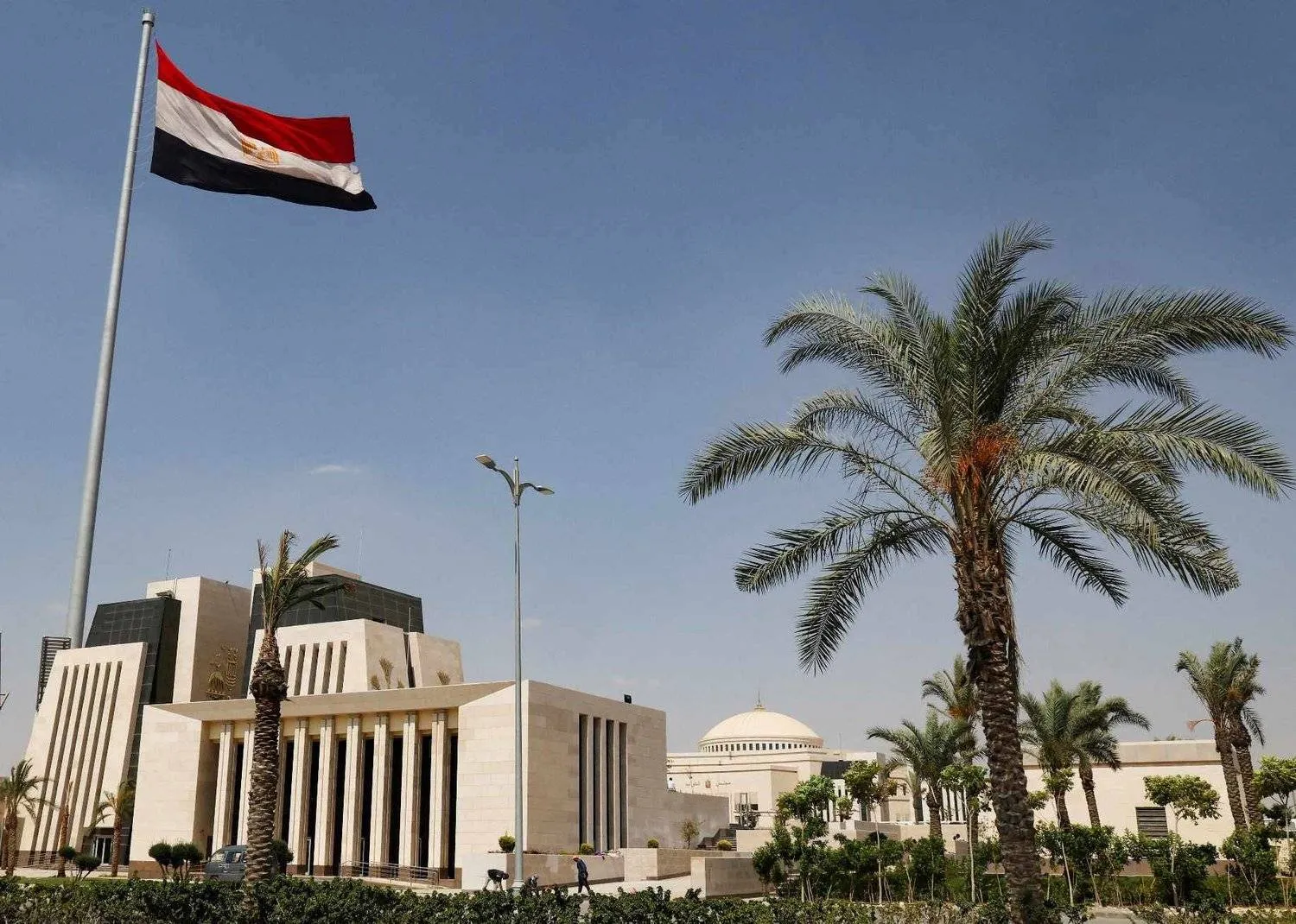The Standard & Poor’s Global Purchasing Managers’ Index showed on Tuesday that the contraction of the non-oil private sector in Egypt slowed in November, but business confidence in the sector fell to its lowest level in 11 and a half years.
The group said in its report that the Purchasing Managers’ Index in Egypt, adjusted in light of seasonal factors, rose to 48.4 points in November from 47.9 points in October, noting that the index was still below the 50 level that separates growth from contraction.
The report noted that high inflation rates and a continuing decline in production and new orders led to a drop in business activity expectations over the next 12 months to their weakest levels since data collection began in April 2012. Inflationary pressures also led to a sharp decline in sales to customers, which contributed to decreased hiring and procurement.
According to the report, levels of production and new business continued to decline strongly in November, although the rates of decline slowed from those recorded in October.
According to the companies surveyed, historically high inflation rates continued to reduce customer demand, while some companies indicated that unresolved import issues were restricting business activity.
Although the decline in production and new business was widespread across all sectors studied, it was particularly noticeable among wholesale and retail companies.
As demand rates continue to deteriorate due to inflationary pressures, non-oil producing companies in Egypt recorded the lowest level of confidence in future activity in the history of the series. The data showed that expectations were only slightly positive, while the manufacturing and construction sectors presented pessimistic forecasts.
David Owen, Senior Economist at S&P Global Market Intelligence, said: “Optimism in the Egyptian non-oil economy is eroding as we approach the end of the year, as economic challenges arising from the Russia-Ukraine war put additional pressure on costs and capacity at businesses. While the resulting downturns in new business and output were not as severe compared to those seen at the start of the year, they are also showing no signs of letting up, stretching a sequence of decline that goes back to late 2021.”









